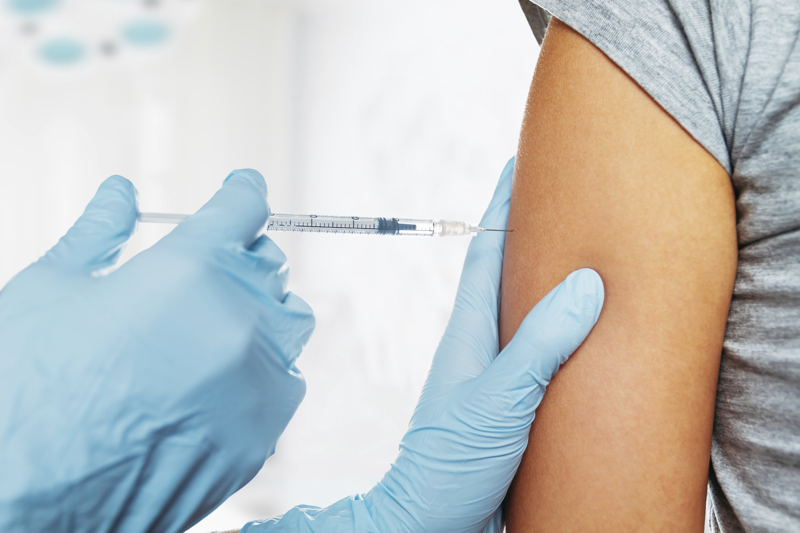HPV, also known as the human papillomavirus, and is the most common sexually transmitted virus in the United States. HPV affects more than 20 million people in the U.S. with 6.2 million more people being infected each year. Currently, there are around 40 types of HPV, and while most HPV infections don’t cause any symptoms and clear up on their own, HPV awareness is important as the virus can cause cervical cancer in women. Each year in the United States, 10,000 women are diagnosed with cervical cancer and around 3,700 will die from it. The HPV vaccine is available to women in an effort to protect against the potentially devastating consequences of the virus.
What is the HPV Vaccine?
The HPV vaccine is an inactive vaccine that protects against four of the major types of HPV. The vaccine protects against two types of HPV strains that are linked to cervical cancer as well as two that are linked to genital warts. While the vaccine can protect against four major types of HPV, the vaccine will not protect against all HPV types and won’t prevent all types of cervical cancer. The HPV vaccine can protect up to 70 percent of cervical cancers, but women should still continue to get screened for cervical cancer.
Who Should Get Vaccinated?
The HPV vaccine can benefit many. Typically, the vaccine is recommended for girls who are 11 or 12 years or older, but some doctors will administer the vaccine to girls as young as 9 years old. The HPV4 vaccine, which is recommended for the prevention of genital warts in girls, may also be administered to boys between the ages of 9 and 26. The HPV vaccine is available to girls at a young age because it is crucial for them to be vaccinated before they are potentially exposed to HPV through sexual contact. While it is recommended for young girls, females between the ages of 13 and 26 who didn’t receive the vaccine when they were younger are urged to get it.
How is the HPV Vaccine Administered?
The HPV vaccine is a series of three shows administered by your primary care doctor or a gynecologist.
First Dose: As soon as possible.
Second Dose: This dose is administered two months after the first dose.
Third Dose: This dose is administered six months after the first dose.
While this is how the HPV vaccine is typically administered, if you have a life-threatening allergy to yeast or any other component of the HPV vaccine, you should tell your doctor right away and avoid the vaccine. Similarly, pregnant women should not get the HPV vaccine. Although the vaccine appears safe for both mother and baby, further testing needs to be done.
Get Protected Against HPV
HPV and cervical cancer affects millions of women each year, but you don’t have to be another statistic. To learn more about HPV and how you can protect yourself, call the OB-GYN Women’s Centre today. We are dedicated to providing you with all of the gynecological information you need to keep yourself informed and protected. Learn more about the services we offer, or contact us today to schedule an appointment.


